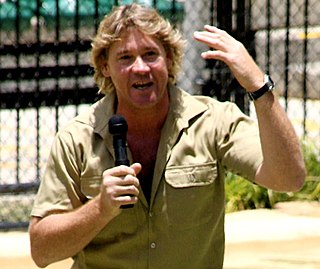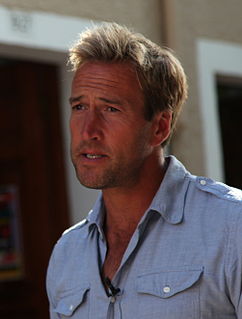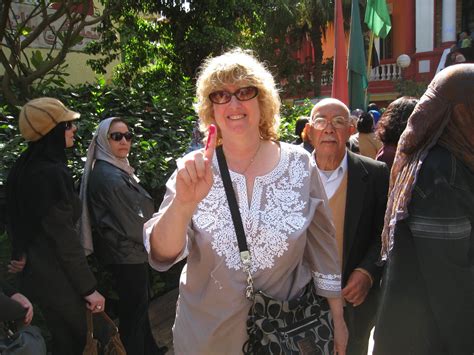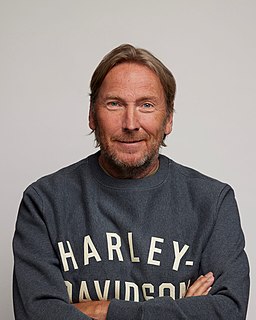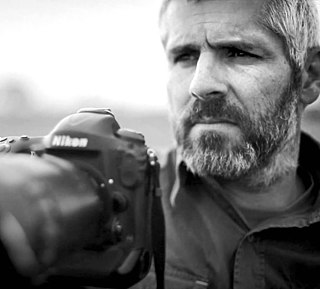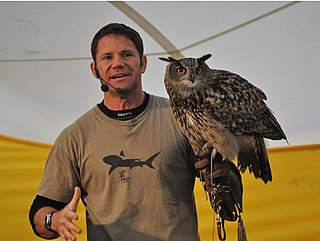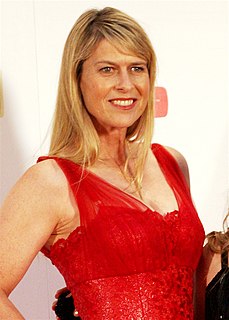A Quote by Steve Irwin
If you can't excite people about wildlife, how can you convince them to love, cherish, and protect our wildlife and the environment they live in?
Related Quotes
Many locals in east Africa are calling for fences to separate wildlife and people. They argue it will reduce conflict and also make it easier to protect the wildlife from poachers. From my experience in Tanzania, no fence and no militia will hold back the tide of poachers drawn by the huge sums of money at stake.
There are a lot of Egyptians who live below the poverty line and are preoccupied with meeting basic needs. Therefore, we have to create tangible benefits from nature conservation. Only through economic incentives will we convince people to protect habitats, wildlife, geological formations, cultural heritage sites, etc. We need local communities to cooperate with us, not against us!
The love I have for our wildlife is so great, it fills my world. After Black Saturday I saw a world that was black and white, void of animals and humans. What I missed most was the love and life of living with the wildlife. Each day I think of the ones gone and there is a deep hole in my heart. I did not miss the humans or the sounds they make, I missed the animals the sounds of peace and love that came from them. Such beauty and harmony with nature, only animals can be that smart.
Right now, our mother -- our mother -- all of our mothers, Mother Earth is hurting. And she needs a generation of thoughtful, caring and active kids like all of you to protect her for the future. You can help us win the battle to clean up our air, our water, our land, to protect our forests, our oceans and our wildlife.
I used to hate the urban environment and the urban din. But I realize now that it's really not that much different than living next to a waterfall for wildlife. Most wildlife - unless they're specifically adapted - avoid being around a waterfall or whitewater streams and rivers because it jams their sense of surveillance. They are more vulnerable, and their message loses intelligibility. Now, the ouzel is able to overcome that in various ways. Back to the urban environment, we're talking and delivering messages as if we weren't next to a waterfall, and that's a problem.
